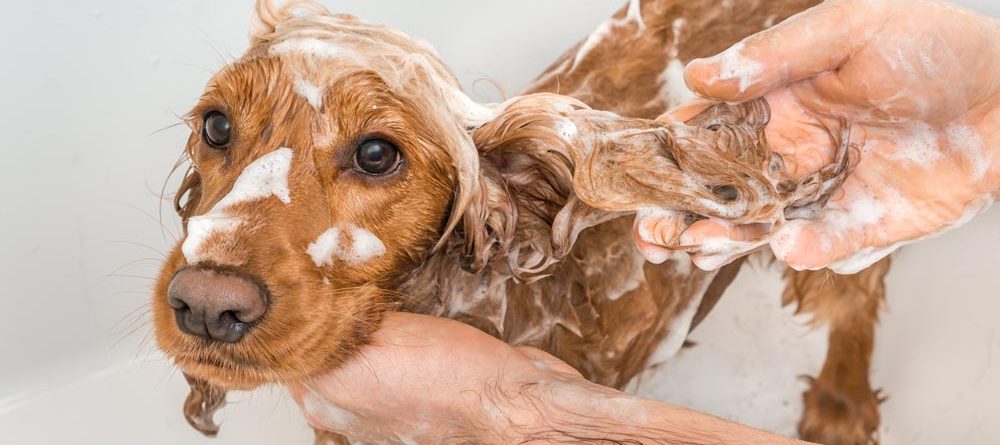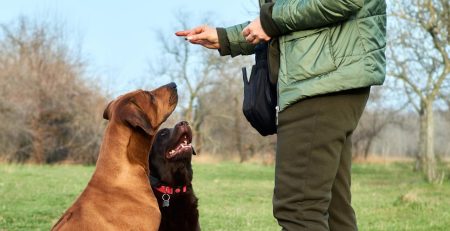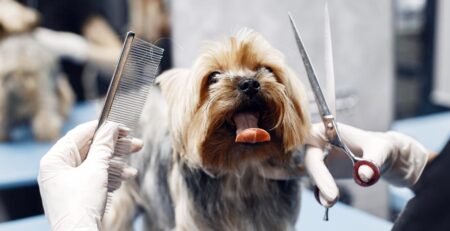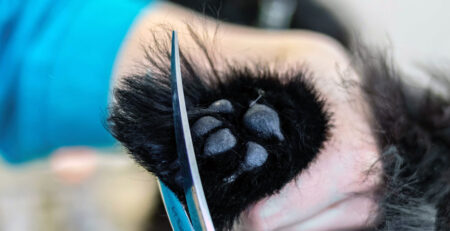How Often Should You Get Your Dog Groomed?
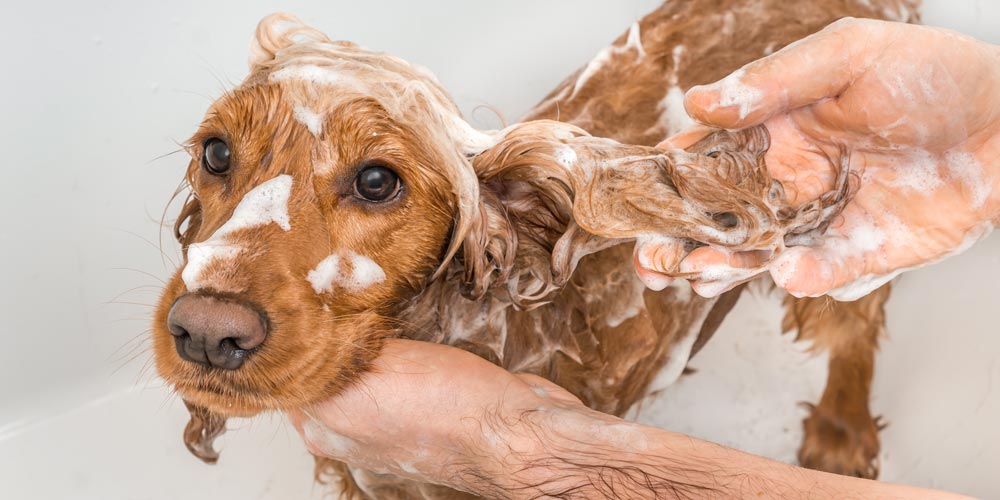
Dog grooming is an essential aspect of pet care that not only keeps your furry friend looking their best but also contributes to their overall health and well-being. The frequency of grooming your dog depends on various factors, including their breed, coat type, and lifestyle. In this article, we will explore how often you should get your dog groomed to ensure their comfort and health.
Getting Your Dog Groomed
1. Breed and Coat Type:
The and coat type of your dog play a significant role in determining how often they need grooming. Dogs with different coats require different levels of maintenance:
- Long-Haired Breeds: Dogs with long, flowing coats, such as Golden Retrievers, Afghan Hounds, or Shih Tzus, generally require more frequent grooming. They may need grooming every 4 to 6 weeks to prevent matting and tangles.
- Short-Haired Breeds: Dogs with short coats, like Boxers or Beagles, require less frequent grooming. Brushing once a week and occasional baths should suffice for most short-haired breeds.
- Double-Coated Breeds: Breeds with double coats, such as Siberian Huskies and Malamutes, have a dense undercoat that requires regular attention. These dogs benefit from more frequent brushing, especially during shedding seasons, to prevent excessive shedding and matting.
2. Activity Level and Lifestyle:
Consider your dog’s activity level and lifestyle when determining grooming frequency:
- Active Outdoor Dogs: Dogs that spend a lot of time outdoors and engage in activities like hiking or swimming may need more frequent grooming to remove dirt, debris, and parasites from their coat. Regular checks for ticks and fleas are crucial.
- Indoor Dogs: Dogs that spend most of their time indoors and have limited outdoor exposure typically require less frequent grooming. However, regular brushing and nail trimming should still be part of their grooming routine.
3. Coat Health and Maintenance:
The condition of your dog’s coat can also influence grooming frequency:
- Matted or Tangled Coat: If your dog’s coat becomes matted or tangled, it’s essential to address this issue promptly. Matting can be uncomfortable and even painful for your dog. In such cases, more frequent grooming visits may be necessary to prevent matting from recurring.
- Skin and Coat Conditions: Dogs with skin or coat conditions, such as allergies or dermatitis, may require special grooming attention. Consult with your veterinarian and groomer to determine the appropriate grooming schedule for your dog’s specific needs.
4. DIY vs. Professional Grooming:
Deciding whether to groom your dog at home or seek professional grooming services can also impact the frequency of grooming:
- Professional Grooming: If you opt for professional grooming services, the groomer will typically recommend a grooming schedule based on your dog’s breed and specific needs. Professional groomers have the expertise and tools to ensure your dog’s coat and skin stay healthy.
- At-Home Grooming: If you groom your dog at home, you’ll need to follow a regular grooming routine. This may include brushing, bathing, nail trimming, ear cleaning, and dental care. The frequency will depend on your dog’s individual requirements and your ability to maintain their coat and hygiene.
5. Seasonal Considerations:
Grooming frequency may vary with the seasons:
- Spring Shedding: Many dogs shed heavily in the spring as they lose their winter coat. During this time, more frequent brushing can help reduce shedding and prevent matting.
- Summer Heat: Dogs with thick or double coats may benefit from a summer trim to help them stay cool. This can be done every 6 to 8 weeks during the warmer months.
- Winter Insulation: In colder climates, some dogs benefit from keeping their full coat during the winter for insulation. However, regular brushing remains important to prevent matting.
West Michigan Dog Grooming
How often you should get your dog groomed depends on a variety of factors, including breed, coat type, activity level, and specific needs. Regular grooming is essential for your dog’s comfort, hygiene, and overall health.
It’s crucial to establish a grooming routine that suits your dog’s unique requirements and consult with a professional groomer or veterinarian for guidance when necessary. By staying proactive with your dog’s grooming, you can ensure they look and feel their best year-round.
Call us today at (616) 930-4300 or contact us below to book an appointment!


